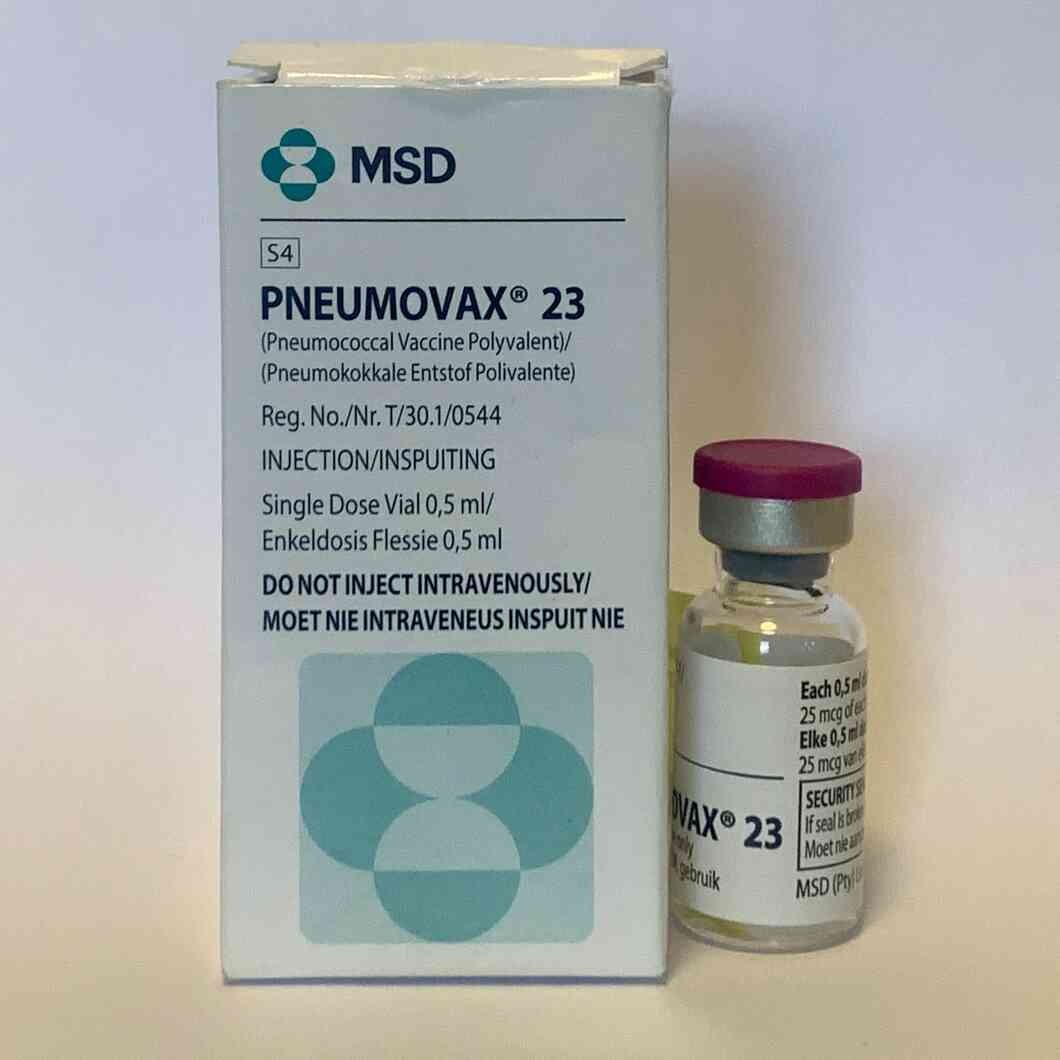
Contents
- 1 Side Effects of the Pneumonia Vaccine
- 1.0.1 How does the vaccine work?
- 1.0.2 Signs of side effects
- 1.0.3 When to see the doctor
- 1.0.4 Treatment for side effects
- 1.0.5 Understanding pneumonia
- 1.0.6 What is viral pneumonia?
- 1.0.7 Symptoms of viral pneumonia
- 1.0.8 Causes of viral pneumonia
- 1.0.9 Diagnosing viral pneumonia
- 1.0.10 Treating viral pneumonia
- 1.0.11 Preventing viral pneumonia
- 1.0.12 From
Side Effects of the Pneumonia Vaccine
The pneumonia vaccine prevents pneumococcal disease. Two vaccines are licensed by the FDA for use in the United States:
- PCV13 — Prevnar 13®: This vaccine protects against 13 types of pneumococcal bacteria that cause serious infections in children and adults. It is given to children at specific ages and adults get one shot.
- PPSV23 — Pneumovax23®: This vaccine protects against 23 types of pneumococcal bacteria. Adults 65 years or older and those with certain medical conditions receive this vaccine.
The CDC recommends PCV13 for all children younger than 2 years old and people 2 years or older with certain medical conditions. PPSV23 is recommended for adults 65 years or older, people 2 through 64 years old with certain medical conditions, and smokers 19 through 64 years old.
How does the vaccine work?
Injection site pain is a common side effect, indicating that the body is building immunity against pneumococcal diseases.
More severe reactions may indicate an allergy to the vaccine.
Signs of side effects
Common side effects include:
- Injection site soreness: Pain, swelling, or redness at the injection site.
- Fever: A temperature above 100.4 F (38.0 C).
- Irritability: Agitation or fussiness, particularly in children.
- Loss of appetite: Nausea or lack of hunger.
- Lethargy or fatigue: Feeling tired or exhausted.
- Headache: Throbbing pain in the head.
- Muscle aches: Rarely experienced with the PPSV23 vaccine.
QUESTION
When to see the doctor
Serious side effects are rare, but seek medical attention if you experience:
- Allergic reaction: Seek emergency help if you have a severe allergic reaction.
- Dizziness, vision changes, or ringing in ears.
- Severe shoulder pain or difficulty moving arms.
Treatment for side effects
Side effects are usually mild and resolve within a few days. Fever reducers and pain relievers can help. Report any noticeable side effects to the Vaccine Adverse Event Reporting System. In rare cases, financial assistance may be available through the National Vaccine Injury Compensation Program.
Understanding pneumonia
Pneumonia is a lung infection caused by Streptococcus pneumoniae bacteria. The vaccine can prevent pneumococcal disease, which causes pneumonia. It is most likely to cause complications in adults.
Viral pneumonia is a lung infection caused by viruses, with around 30% of cases in the United States being viral.
The viruses are transmitted through droplets from infected individuals. They can enter your body through the nose or mouth, or by touching contaminated surfaces and then touching your face.
Visit a doctor if you have:
- Dry cough
- Fever
- Chills
- Breathing difficulty
- Pain in your chest
- Rapid breathing
Viral pneumonia can be caused by various viruses, including influenza, respiratory syncytial virus (RSV), coronaviruses, and others.
Your doctor will diagnose pneumonia based on symptoms. Tests may include throat swab culture and airway examination.
Before submitting, please read and agree with our Terms & Conditions and Privacy Policy.
- Antiviral medications may be prescribed.
- Fluids and medicines can help with fever and chest congestion.
- Treatment will depend on the specific microorganism causing the infection.
- Rest is important for recovery.
- Cough or cold medicines should be used with caution, especially in children.
- Supplements like vitamin C, zinc, and B vitamins may aid recovery.
- Follow-up examinations will ensure clear lungs.
- In severe cases, hospitalization and additional therapies may be necessary.
Prevention measures include frequent handwashing, getting a flu vaccine, maintaining distance from sick individuals, using masks, and avoiding touching your face.
From
Health Resources
- Is it a Cold, Strep or Tonsillitis?
- What Does the Pneumococcal Vaccine Do?
Featured Centers
- What Are the Best PsA Treatments for You?
- Understanding Biologics
- 10 Things People With Depression Wish You Knew


